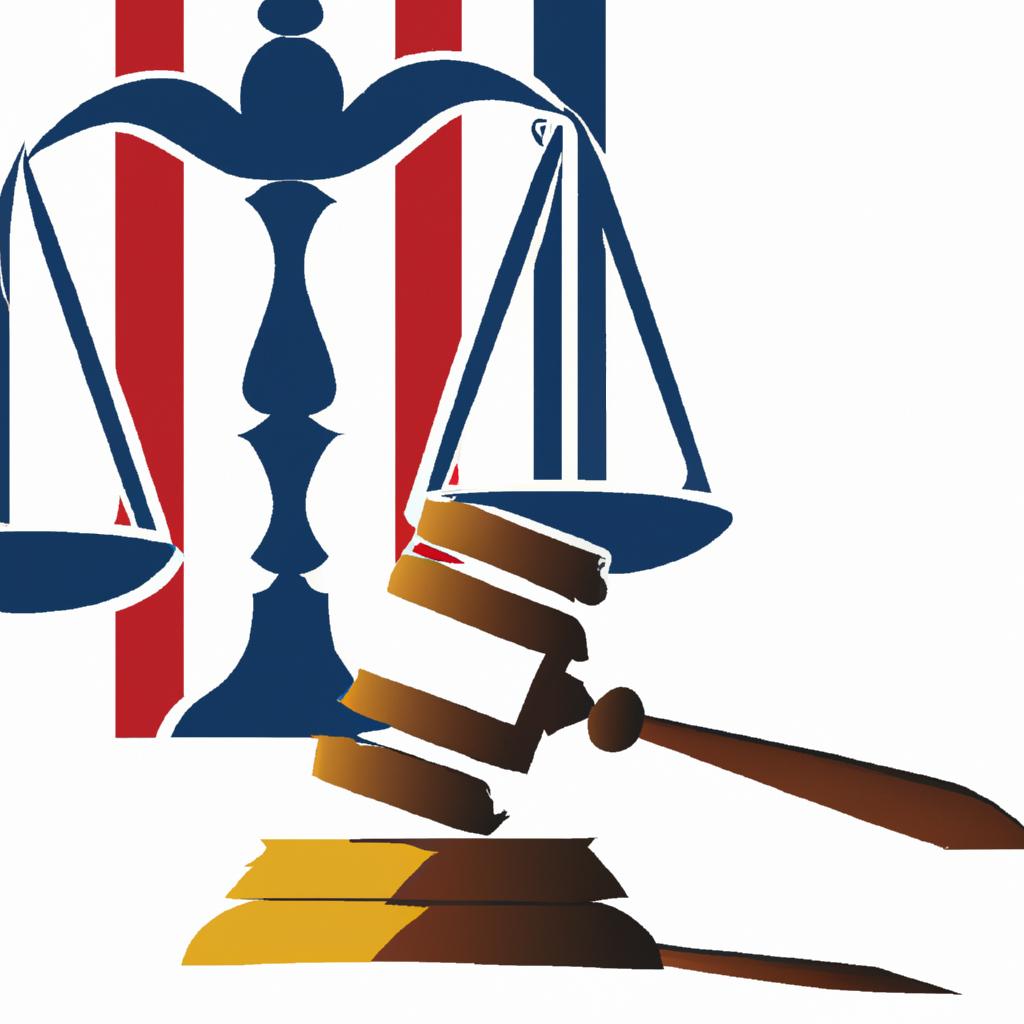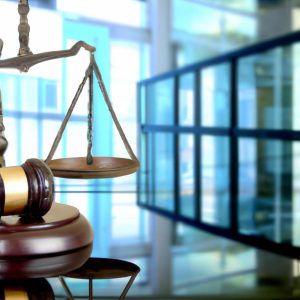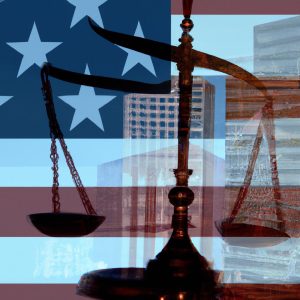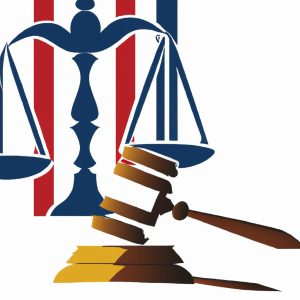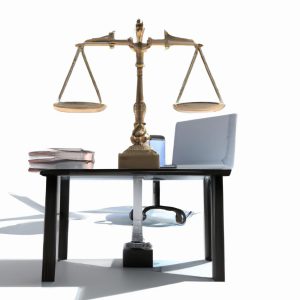In the intricate world of real estate ownership, the distinction between being listed on the deed but not on the mortgage can often lead to confusion and uncertainty. As experienced attorneys in estate planning and property law at Morgan Legal Group in New York City, we understand the complexities that arise when individuals find themselves in this unique situation. Join us as we unravel the intricacies of what it truly means to be on the deed but not the mortgage, shedding light on the rights and responsibilities that come with such a nuanced arrangement.
Understanding the Legal Distinction Between Deed and Mortgage
When it comes to property ownership, understanding the legal distinction between being on the deed and being on the mortgage is crucial. Being on the deed means that you have ownership rights to the property, while being on the mortgage means that you are responsible for repaying the loan used to purchase the property. In some situations, a person may be on the deed but not on the mortgage, which can have significant legal implications.
For example, if you are on the deed but not on the mortgage, you will still have an ownership interest in the property. However, you will not be responsible for making mortgage payments. This can be advantageous in certain situations, such as if you are a co-owner of the property but do not want to be liable for the mortgage. It is important to carefully review the legal documents and consult with a qualified attorney to fully understand your rights and obligations in such a scenario.

Implications of Being on the Deed but Not the Mortgage
When you are on the deed but not on the mortgage, it means that you have a legal ownership interest in the property, but you are not financially responsible for the mortgage payments. This can have several implications:
- Asset ownership: Being on the deed means that you have a stake in the property and can make decisions about its use, transfer, or sale.
- Liability protection: Since you are not on the mortgage, you are not personally liable for the repayment of the loan. If the mortgage goes into default, your credit score is not affected.
- Inheritance rights: If the homeowner passes away, being on the deed may give you certain inheritance rights to the property, depending on state laws.
However, it is important to note that being on the deed but not the mortgage does not absolve you from potential risks. For example:
- Property disputes: Disputes may arise if the mortgage is not being paid, and the lender seeks to foreclose on the property. Even though you are not financially responsible, your ownership interest may still be at risk.
- Equity sharing: If the property appreciates in value, you may not be entitled to a share of the equity since you are not on the mortgage. This can lead to conflicts or misunderstandings among co-owners.

Factors to Consider Before Agreeing to such Arrangement
When considering whether to be on the deed but not the mortgage, there are several important factors to take into account. One key consideration is the financial responsibility you will be shouldering without having ownership rights. If the other party defaults on the mortgage, you could be at risk of losing your investment in the property. Additionally, being on the deed means you may be liable for property taxes, maintenance costs, and insurance, even if you do not have a legal right to the property.
Another factor to consider is the impact on your credit score. Even if you are not responsible for the mortgage payments, being on the deed can still affect your credit if the other party fails to make payments on time. It is crucial to carefully review the terms of the agreement and consult with a legal professional before agreeing to such an arrangement.
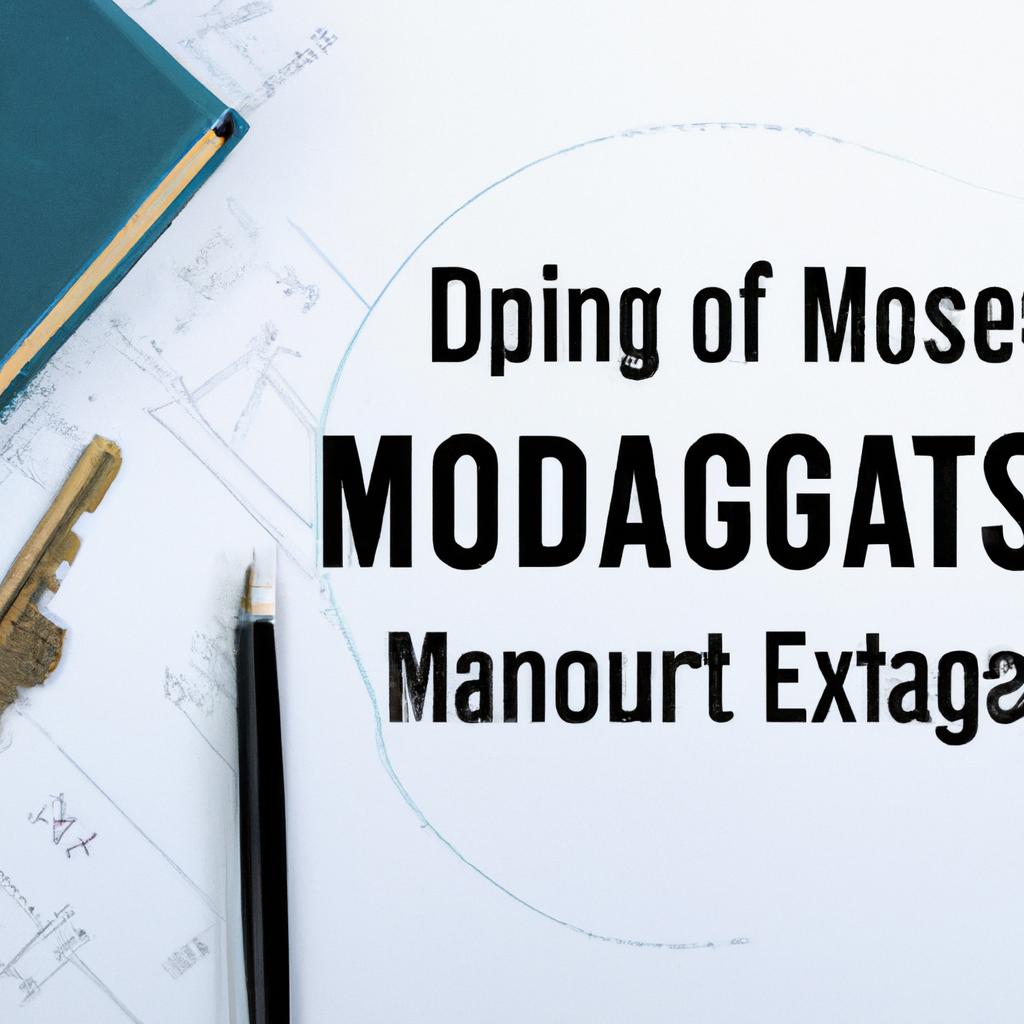
Expert Recommendations for Navigating Deed vs Mortgage Ownership Arrangements
When it comes to navigating deed vs mortgage ownership arrangements, it is essential to understand the distinction between being on the deed but not the mortgage. Being on the deed means that you have ownership rights to the property, while being on the mortgage means that you are responsible for the loan payments. Here are some expert recommendations to help you navigate this complex situation:
- Evaluate your financial obligations: Understand the financial implications of being on the deed but not the mortgage. Determine if you are comfortable taking on the responsibility of ownership without the burden of loan payments.
- Communicate effectively: Clearly communicate with all parties involved, including the lender and other co-owners, about your ownership status and financial responsibilities. Transparency is key in resolving any potential conflicts or misunderstandings.
Q&A
Q: What does it mean to be on the deed but not the mortgage?
A: Being on the deed but not the mortgage means that you are listed as a co-owner of the property, but you are not financially responsible for the mortgage.
Q: Can you explain the difference between being on the deed and being on the mortgage?
A: Being on the deed gives you ownership rights to the property, while being on the mortgage means you are responsible for repaying the loan used to purchase the property.
Q: What are the implications of being on the deed but not the mortgage?
A: As a co-owner on the deed, you have the right to the property but not the obligation to pay the mortgage. This can be advantageous if you want to have a stake in the property without taking on the financial burden of the loan.
Q: Are there any risks associated with being on the deed but not the mortgage?
A: One potential risk is that if the mortgage is not paid, the lender could foreclose on the property, which could impact your ownership rights. It’s important to have a clear agreement with the other owners to ensure that the mortgage is being paid in a timely manner.
Q: How can someone be on the deed but not the mortgage?
A: This situation can occur when multiple people purchase a property together, but one person does not want to or cannot qualify for the mortgage. In this case, they can still be listed on the deed as a co-owner.
The Conclusion
In conclusion, being on the deed but not the mortgage comes with its own set of implications and responsibilities. While it may provide you with ownership rights to a property, it also means that you are not directly responsible for the mortgage payments. It is important to understand the nuances of this arrangement and seek legal advice to ensure that you fully comprehend your rights and obligations. Ultimately, clear communication and a solid understanding of the legal implications can help all parties involved navigate this unique situation smoothly.

